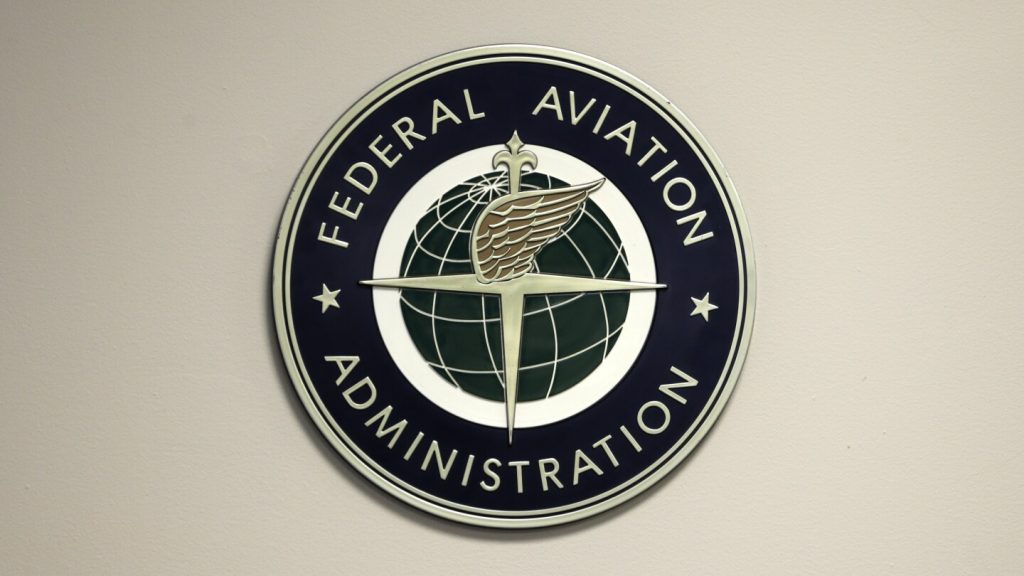Congress passed a $105 billion bill aimed at improving aviation safety by increasing the number of air traffic controllers, adding safety inspectors at aircraft factories, and requiring airlines to automatically refund travelers for canceled or delayed flights. The House passed the bill with a large majority and sent it to President Joe Biden for approval. Supporters believe the provisions in the bill will help enhance aviation safety following several close calls between planes in U.S. airports over the last two years. Rep. Sam Graves, R-Mo., emphasized the need to continually improve safety in the aviation system.
The bill was the result of negotiations between Republican and Democratic leaders of key aviation committees in the House and Senate. Despite some contentious issues, such as the addition of 10 long-haul flights at Reagan National Airport, the bill ultimately passed with bipartisan support. Lawmakers from Virginia and Maryland raised concerns about the impact of the extra flights on airport safety and delays, while lawmakers from Western states and Delta Air Lines advocated for the flights. The final version of the bill encompasses over 1,000 pages and authorizes FAA and National Transportation Safety Board programs for the next five years.
The legislation includes significant provisions such as hiring more air traffic controllers and safety inspectors, increasing the use of collision-avoidance technology at airports, and improving access for passengers with disabilities. It also prohibits airlines from charging fees for families to sit together and requires them to issue automatic refunds for canceled or significantly delayed flights. Airlines are currently suing the Biden administration to block a new Transportation Department rule on automatic refunds, but the provision in the bill could bolster the administration’s legal position. Despite potential implications for ticket prices and passenger refunds, Rep. Graves supported the bill.
The criticism of the FAA following the approval of Boeing 737 Max jets, which were involved in two fatal crashes, has underscored the importance of enhancing aviation safety measures. The passage of the bill is seen as a crucial step in addressing these concerns and raising safety standards in the aviation industry. By investing in more controllers, inspectors, and technology, the legislation aims to prevent accidents and ensure a safer flying experience for passengers. The focus on passenger rights, such as automatic refunds and accessibility for individuals with disabilities, reflects a commitment to improving overall air travel services.
Overall, the bill represents a collaborative effort between lawmakers from both parties to address critical issues in the aviation industry and prioritize safety and passenger rights. The bipartisan support for the legislation reflects a shared commitment to enhancing aviation safety and ensuring a more efficient and reliable air travel system. With the approval of the bill, Congress has taken a significant step towards improving safety standards, increasing oversight, and enhancing the overall experience for air travelers in the United States.


